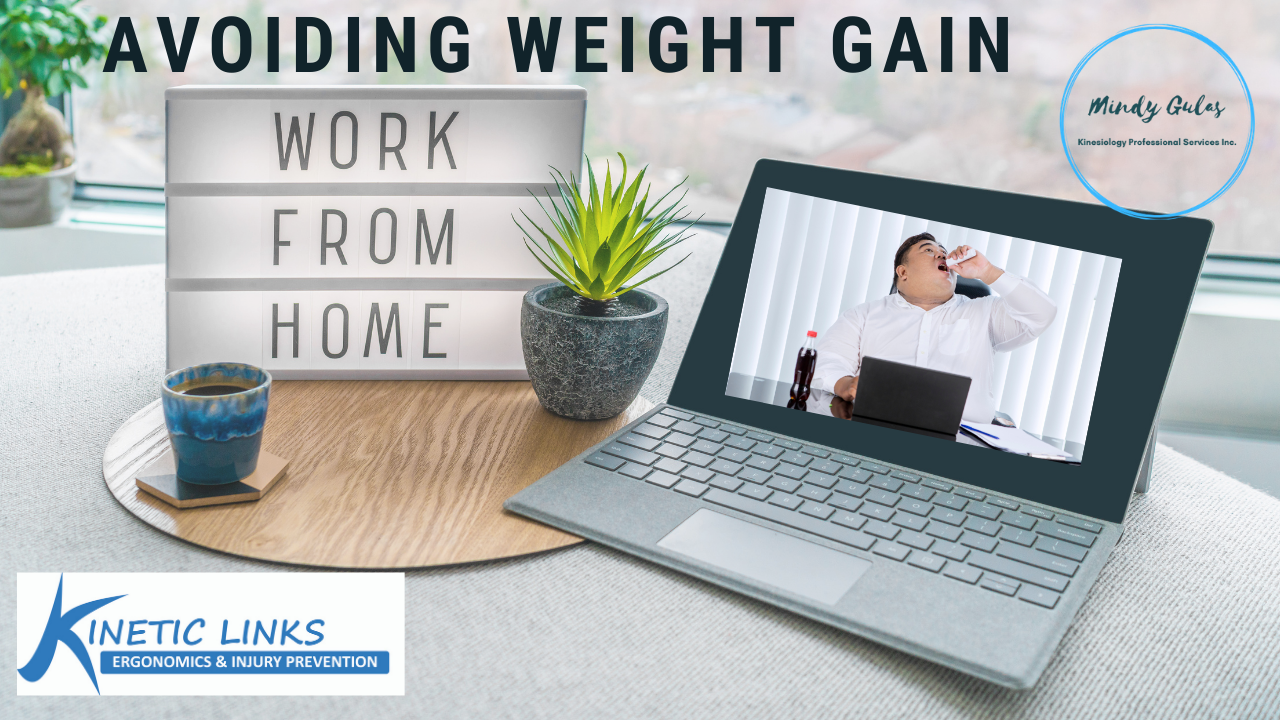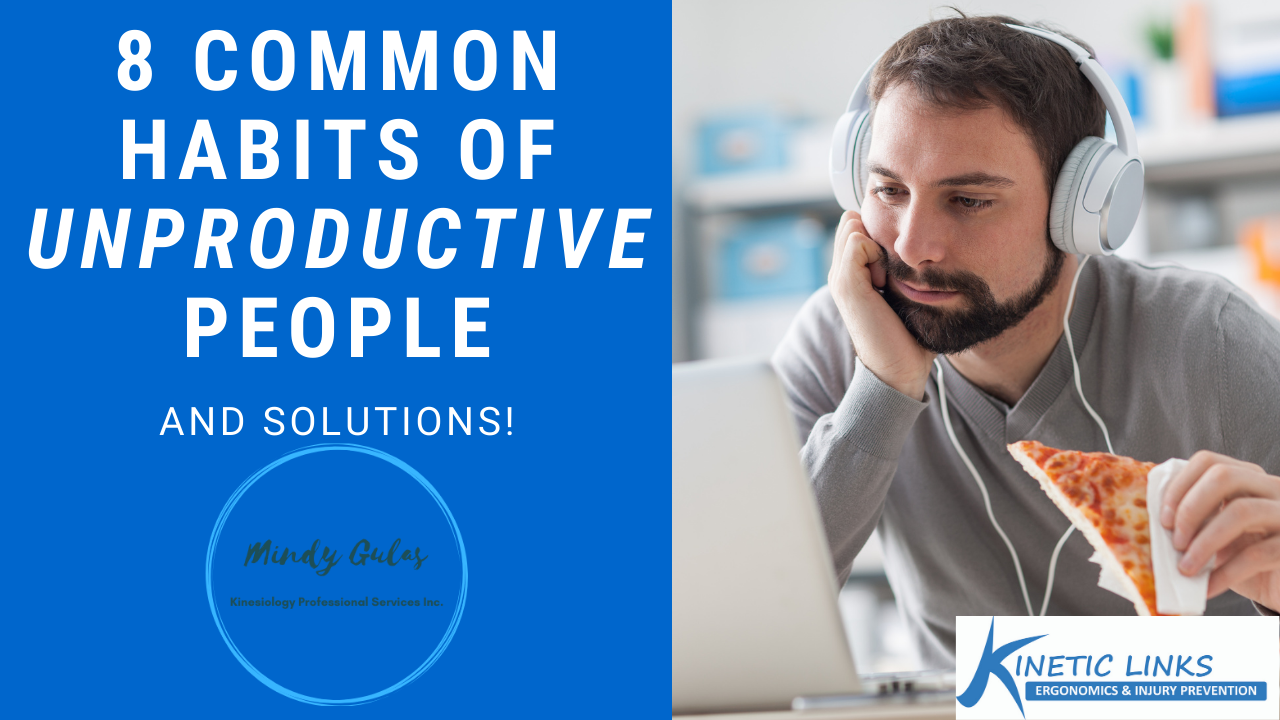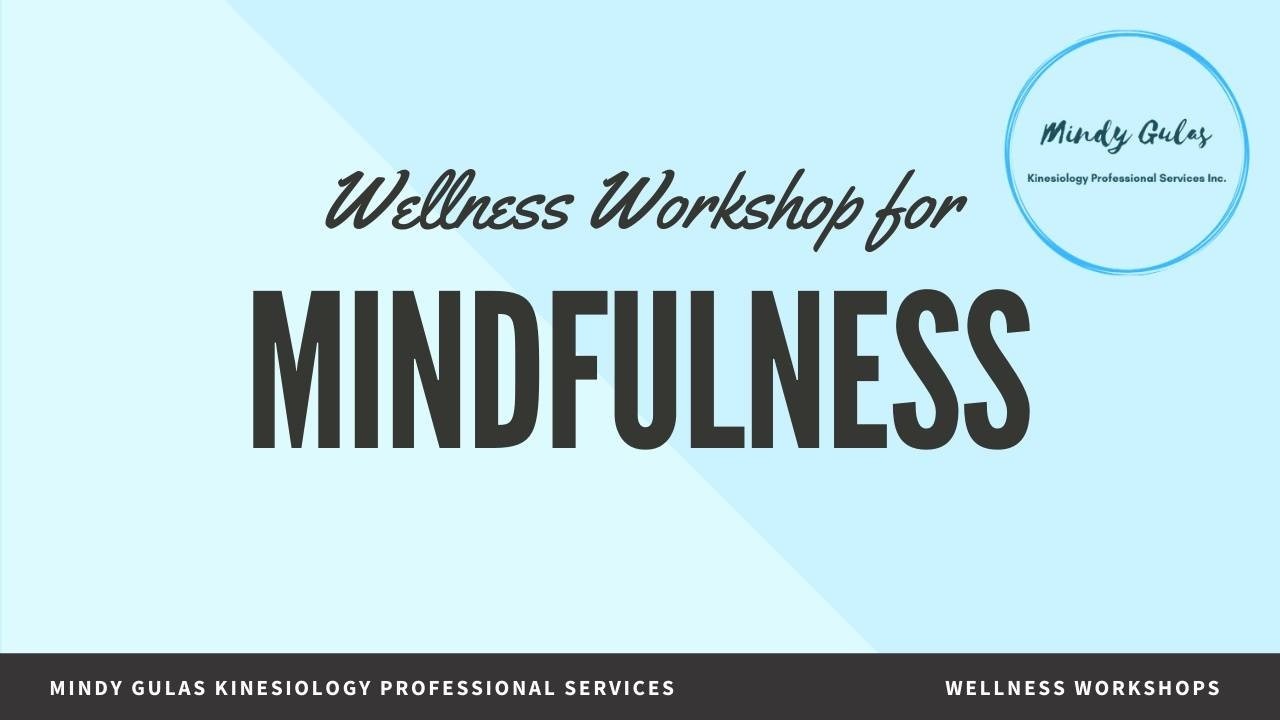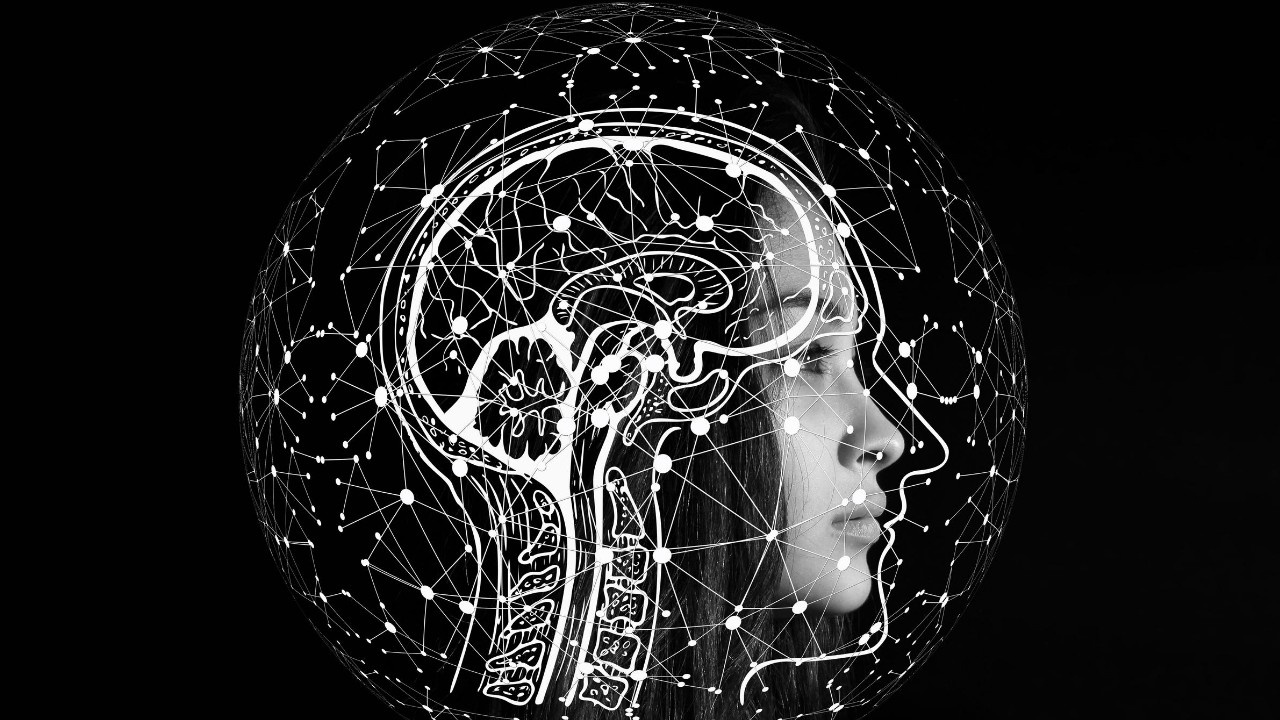Blogs
10 Questionable Food Additives & Safer Alternatives
Mar 16, 2025
What are SMART carbs?
Feb 21, 2023
Mind & Body connections - awareness through Pilates
Jun 07, 2021
Screen time burn out
May 06, 2021
Weight gain when working from home
May 04, 2021
6 Tips to Stay on Task
Apr 28, 2021
8 Common Habits of Unproductive People
Apr 20, 2021
Top 5 Ergonomic Challenges (& Solutions)
Apr 19, 2021
Mindfulness
Apr 15, 2021
EXERCISE and the BRAIN
Aug 03, 2020










